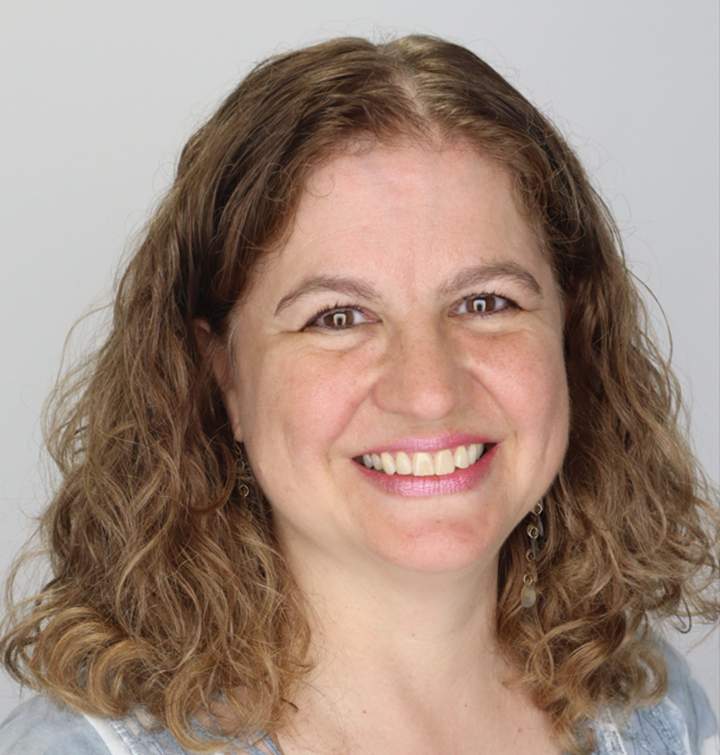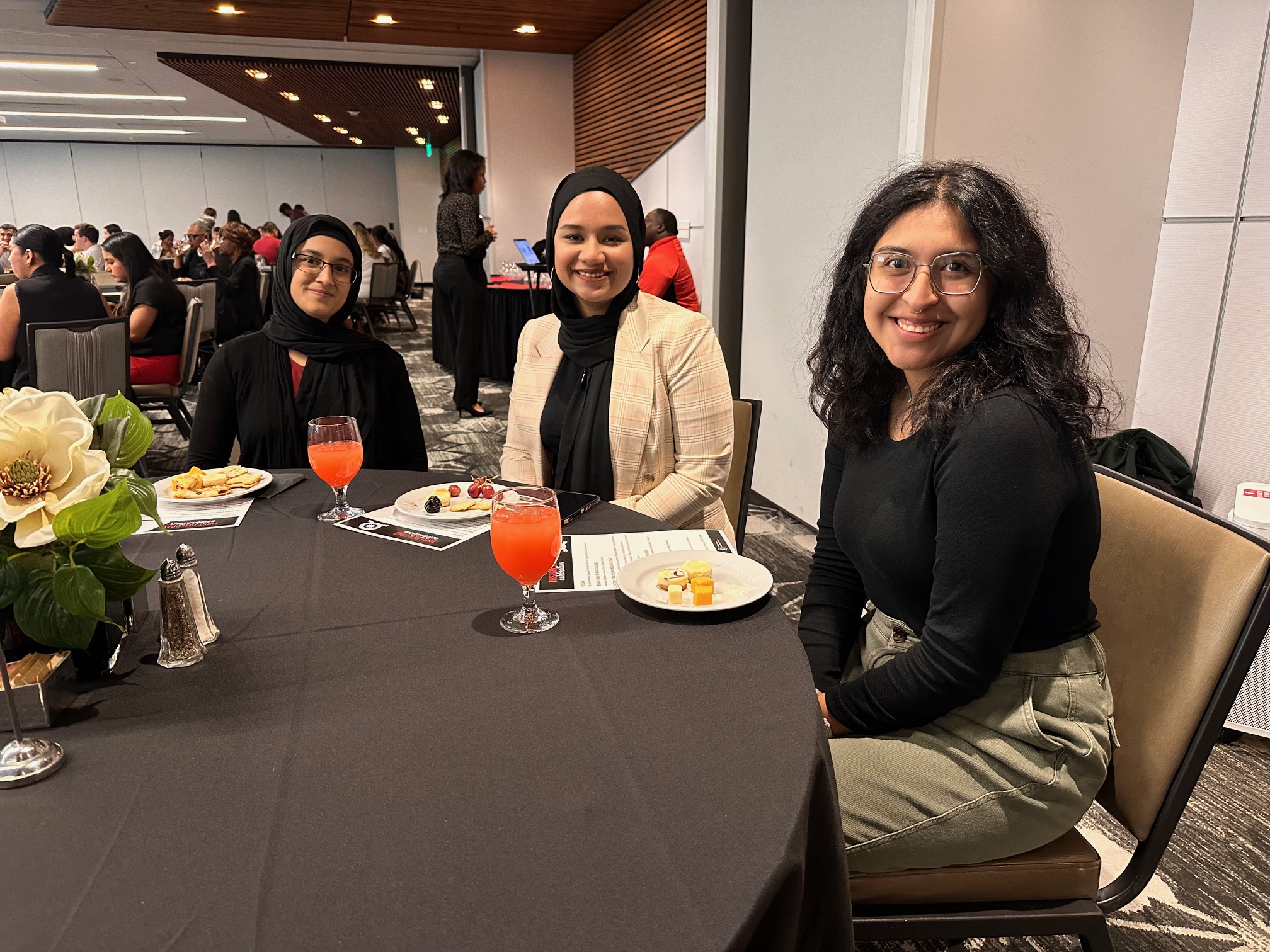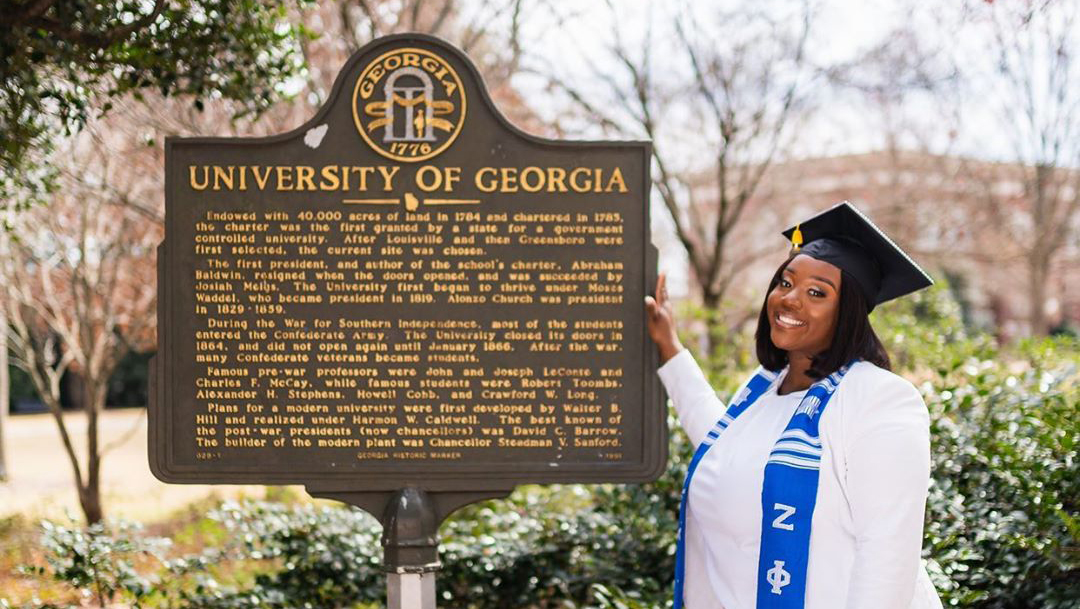Dr. Julie Glenn
Lecturer & Academic Coach

Dr. Glenn teaches several classes for the Division of Academic Enhancement, including UNIV 2113: Developing Literacies in the STEM Fields, UNIV 2301S: Transformative Learning Strategies, and UNIV 2302E/S: Success For Transfer Students. In the summer, she also helps new students adjust to college life through UNIV 1201S: Thrive.
Dr. Glenn’s background is strongest in the biological sciences, having expertise in biology, ecology, anatomy and physiology, environmental science, mammalogy, and ornithology. She is passionate about all the sciences, however, and enjoys the opportunity to learn more about every subject. For her, life is dull unless she is learning something new.
In her free time, she spends time with her husband, two kids, and a myriad of pets. She also loves hiking and reading.



